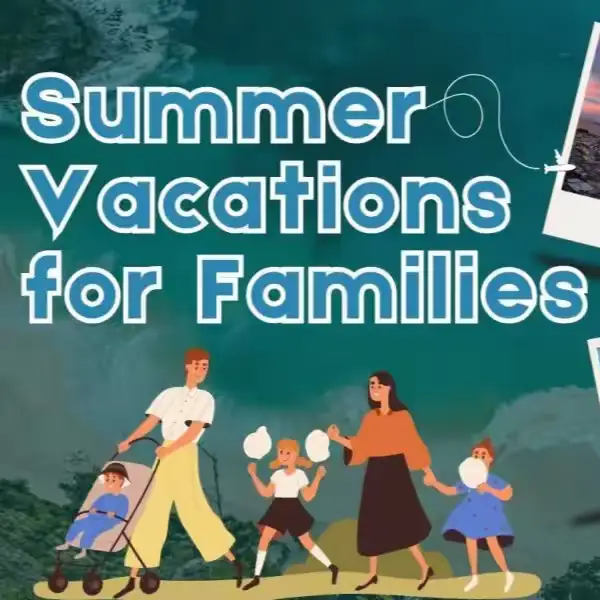As a parent, planning your junior high school or high school child’s summer vacation will help your child balance personal growth, exploration, and relaxation during the summer while developing skills for the future. We are happy to share some idea about how to support them:
- Academic Preparation: Suggest your child to spend a little time reviewing weak subjects or previewing next year’s material. For ESL high school students, we suggest registering one or two academy courses either at physical summer school or online learning which will help ESL speed up their core course credits earning. Or use free resources like Quizlet or YouTube tutorials. For junior high school students, building reading skills. Please let us know if you request summer learning resources, especially about online core credits courses learning opportunities when your child will stay outside of Canada during the summer at: info@designfutureacademy.com or WeChat ID: DFAcademy
- Community Experience: Help your child to find a part-time job, internships, or volunteer opportunities. Retail, tutoring, or community service (e.g., animal shelters, food banks) can build responsibility and resume skills. Even a few hours for a week can improve student’s communication, time management, leadership, teamwork and problem-solving skills.
- Focus on health and wellness: Encourage physical activity for your child daily routine, like swimming, biking, or team sports, family hiking, dance, Wushu. You also can involve kids in meal prep and keep a balanced diet, or maintain a consistent bedtime, or create a screen-free wind-down routine for reading, journaling, or provide journals, art supplies, or music for self-expression, etc. It will help your child to build a lifelong health habit.
- Explore Interests and Hobbies: Spend some time dive into passions like art, music, coding, or sports with your child. Take online courses or join local workshops to build skills. For example, learning basic Python or experimenting with digital art can spark creativity and future career ideas.
- Social Connections: Strengthen friendships through meetups, game nights, or group activities. Join a summer camp or club to meet new people. For introverts, small gatherings or online communities around shared interests work well.
- Travel or Cultural Exposure: If possible, travel locally or international to learn about new places or cultures. Visit museums, historical sites, or even explore your own town’s hidden gems. Budget-friendly options include virtual tours of global landmarks or reading books set in different countries.There are a lot of benefits to take a trip with your child during summer vacation:
- Exposure to diverse cultures, traditions, and lifestyles builds empathy and open-mindedness, key for emotional intelligence.
- Navigating new places builds self-reliance and problem-solving skills.
- Interacting with new people, from locals to fellow travelers, sharpens communication and teamwork.
- ravel often involves movement, supporting physical health.
- Exposure to history, science, or art through travel sparks curiosity and critical thinking.
- Dealing with travel challenges teaches flexibility and coping skills.
- Shared travel experiences create lasting memories and trust.
- Experiencing nature or learning about conservation instills responsibility.
Wish you all have a enjoyable summer vacation!
